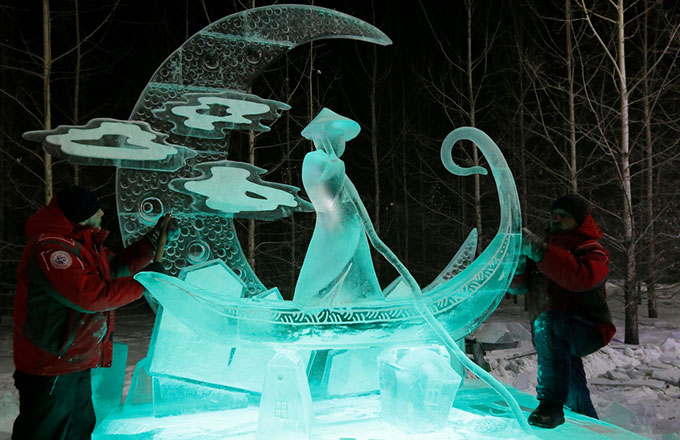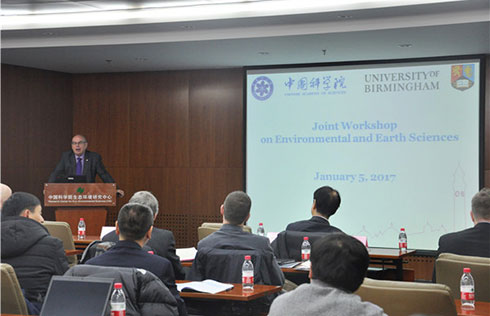Europe, Russia to launch Mars mission in search of life
Europe and Russia have signed a deal for a joint Mars mission, which will bore beneath the Red Planet's surface for soil samples they hope will solve the mystery of whether there is life beyond Earth.
The European Space Agency had hoped to work with NASA on the two-spacecraft ExoMars mission but turned to the Russians after the US agency pulled out due to budget shortfalls.
The announcement comes amid heightened excitement over the search for life on the planet in our solar system most like Earth after scientists said analysis from NASA's own mission rover, Curiosity, showed Mars has the right ingredients for life.
European scientists say the two-stage mission, with the two craft to be launched in 2016 and 2018, will pave the way for what NASA has described as the "Holy Grail" of Mars exploration: A separate mission to return dirt samples from the planet.
"Curiosity learnt us a little bit, ExoMars will bring us a step further, but bringing back those samples to Earth you can do with 10 to 100 times more analysis," Rolf de Groot, head of the European Space Agency's Robotic Exploration Coordination Office, said.
"That is a goal of everybody who works on Mars exploration."
The Europe-Russia mission hopes to take scientists beyond NASA's finding that the surface of Earth's neighboring planet has the right mix of elements to sustain life, by drilling 2 meters below its radiation-hit surface for samples.
"NASA is also drilling, but two centimeters deep," de Groot said, referring to the ongoing Curiosity mission. "It's a completely different story."
"ExoMars, by drilling two meters into the ground, might hope to identify the really big molecules, because that would be a direct indication of the presence of life or that life once existed on Mars."
He said the ESA's Mars rover will also be equipped with a much more advanced laboratory than Curiosity has, so will be able to carry out more detailed analysis.
Russian rockets
Russian Space Agency Roscosmos will provide the rockets to launch the ExoMars - short for Exobiology on Mars - mission and will also design the descent module and surface platform.
Europe turned to Russia after NASA left the $1.3 billion project in February 2012, citing a budget crunch. The ESA and Roscosmos agreed to cooperate in April last year, but talks to work out the details dragged on for nearly a year.



















